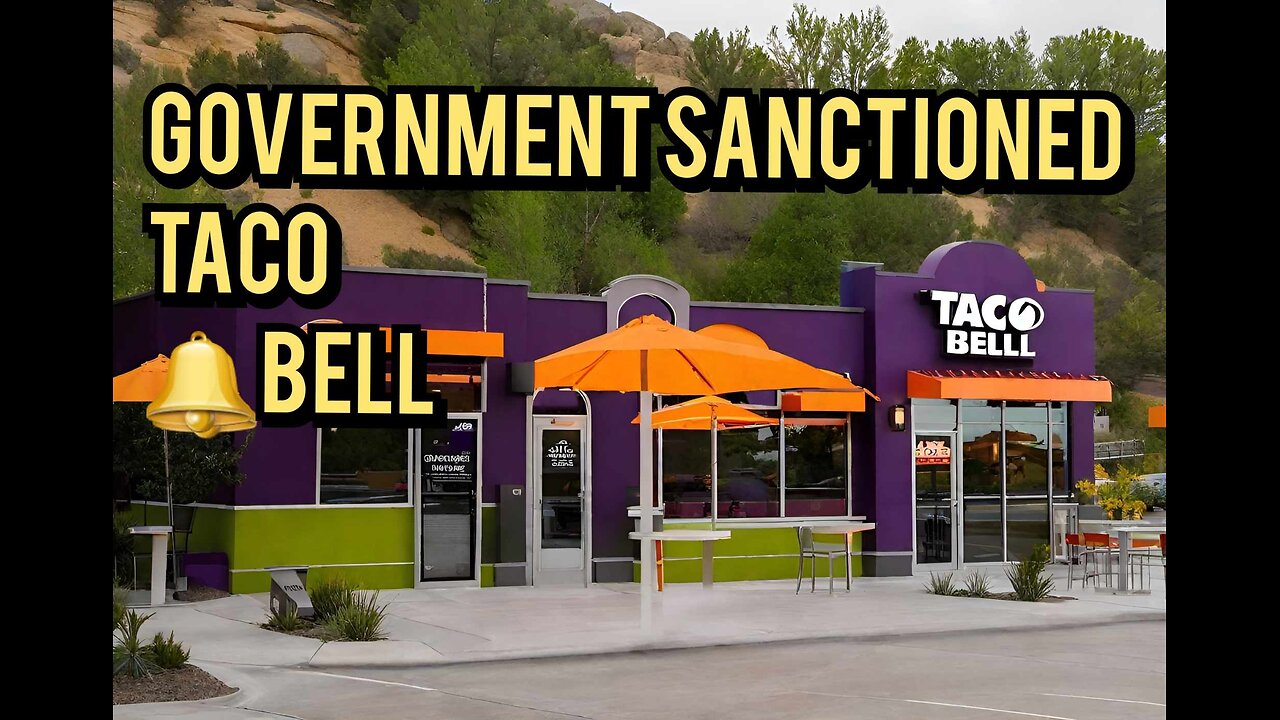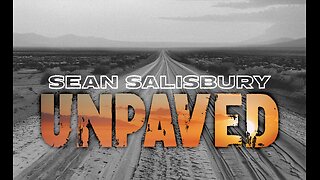Premium Only Content

Government Sanctioned Taco Bell Coming Soon ! , Minimum Wage is not a Living wage
The debate surrounding the adequacy of the minimum wage has been a longstanding and contentious issue in the economic and policy spheres. While the minimum wage is intended to establish a baseline level of compensation, it often falls short of meeting the demands of a living wage. In this essay, we will explore the reasons why a minimum wage job is often inadequate for sustaining a decent standard of living, and the strains this imposes on the private sector.
The Minimum Wage Dilemma
The concept of a minimum wage was initially introduced as a safeguard to protect workers from exploitation and to ensure a basic level of economic security. However, over time, inflation and rising living costs have eroded the real value of the minimum wage, creating a growing disparity between what it provides and what is needed to cover essential expenses.
Rising Cost of Living
One of the primary reasons why a minimum wage job often falls short of a living wage is the escalation of living expenses. Costs associated with housing, healthcare, education, and other basic necessities have surged over the years, outpacing the rate at which the minimum wage has been adjusted.
Inadequate for Basic Needs
A minimum wage job, by definition, provides the bare minimum needed to subsist. However, it frequently fails to cover essential expenses, leaving workers struggling to make ends meet. This can lead to financial instability, forcing individuals to make difficult choices between necessities such as rent, food, and healthcare.
Limited Opportunity for Advancement
Many minimum wage jobs offer limited opportunities for advancement or skill development. This can lead to workers becoming trapped in a cycle of low-paying employment, with little chance of upward mobility or access to higher-paying positions.
Insufficient for Savings and Investments
A minimum wage often leaves little room for savings or investments in the future. This lack of financial cushion can lead to vulnerability in the face of unexpected expenses, such as medical emergencies or job loss.
Dependency on Public Assistance
Due to the inadequacy of the minimum wage, many workers are forced to rely on public assistance programs, such as food stamps, housing subsidies, and Medicaid. This places a strain on government resources and taxpayers, effectively subsidizing employers who pay low wages.
Inequality and Social Mobility
The disparity between minimum wage and living expenses exacerbates income inequality and hampers social mobility. It creates a situation where individuals and families struggle to break free from poverty, hindering their ability to improve their long-term prospects.
Negative Impact on Health and Well-being
The stress and financial strain of living on a minimum wage can have adverse effects on physical and mental health. Lack of access to proper healthcare, nutritious food, and stable housing can lead to long-term health issues and reduced overall well-being.
Strains on the Private Sector
The burden of providing a living wage often falls on the private sector, particularly small and medium-sized enterprises (SMEs). For these businesses, labor costs represent a significant portion of their expenses. When forced to pay higher wages, they face challenges in maintaining profitability and competitiveness.
Potential for Job Displacement
Businesses, especially those with thin profit margins, may resort to workforce reductions or automation to offset increased labor costs. This can lead to job displacement, particularly for low-skilled workers, creating further economic instability.
#mikeinthenight #mikemartins
-
 LIVE
LIVE
Mike Martins Channel
5 days ago $0.65 earned24hr Mike in the Night Othon - Best of Mike in The Night!
5 watching -
 LIVE
LIVE
RalliedLIVE
2 hours ago $2.48 earnedSPECIALIST ADDICTED MAN WINS WARZONE SOLOS
280 watching -
 1:11:41
1:11:41
Sean Unpaved
3 hours agoBat Flips to Boardrooms: Jets QB Crossroads, Presidential Visits, & RedZone's TV Takeover
35.5K -
 DVR
DVR
SportsPicks
3 hours agoCrick's Corner: Episode 51
4.32K -
 1:00:45
1:00:45
Russell Brand
5 hours agoUK Migration Clashes ERUPT! Starmer Sweats as ‘SUMMER OF RIOTS’ Begins? - SF620
137K62 -
 16:51
16:51
IsaacButterfield
10 hours ago $0.79 earnedYou Are Being Watched
10.2K6 -
 15:22
15:22
The Gun Collective
17 hours agoHateful Bigots TRIED to RUIN my GUN EVENT!
7.72K9 -
 34:11
34:11
The Boomer Effect
1 day agoAI vs. Jobs: Innovation's Greatest Dilemma
7.19K -
 1:06:18
1:06:18
Timcast
4 hours agoDOJ Launches STRIKE FORCE To Investigate Obama Over TREASON Claims
169K102 -
 2:09:08
2:09:08
Steven Crowder
6 hours ago🔴Is Trump Confirmed To Be on the Epstein List - What the Hell Is Going On?
397K385